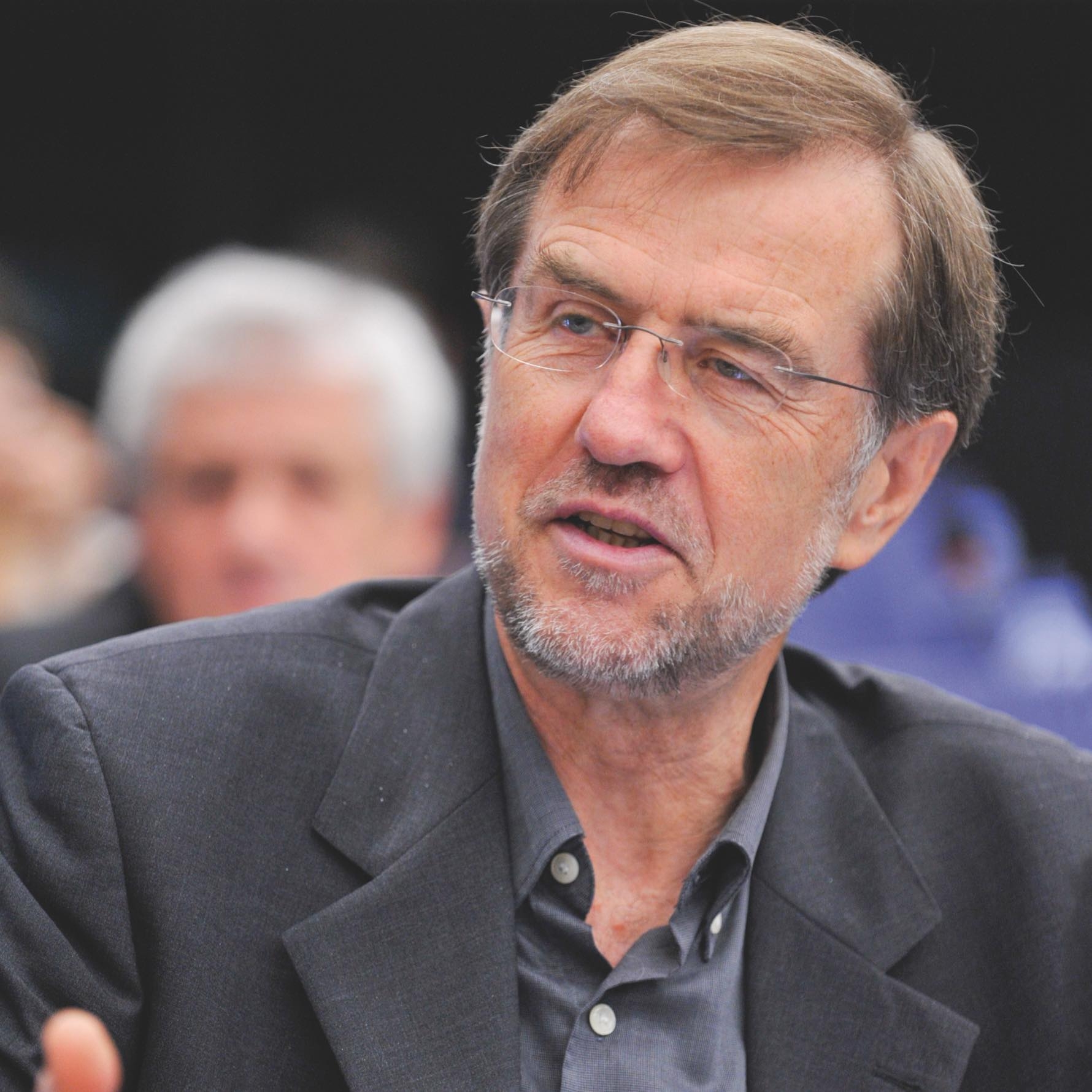On his Facebook profile, MEP Lojze Peterle wrote his opinion on the Hungarian Prime Minister Viktor Orban, against whom the President of the European Commission, Jean Claude Juncker, announced that he would withdraw him from his post as President of the European People’s Party. On Tuesday, the ministers talked about the activation of Article 7.
Peterle wrote that he met Viktor Orban in 1989 as a young liberal and promising name of the Hungarian Political Spring, who later took over the leadership of the Hungarian Christian Democrats. “We sat together as Vice-Presidents of the ELS at its Presidency meetings. He always spoke clearly, sometimes also provocatively, but not against Europe. I do not count him among saints, I disagree with him in many ways, but I definitely recognize his leadership and great political success after taking over the extremely difficult legacy of socialist rule,” emphasized the MEP, adding that he managed to take Hungary out of the crisis with economic policy. No one argues against him on this. He encountered strong criticism when he seriously tackled the legacy of communism by placing stop signs on the dominant European ideological mainstream and by distancing himself from the European (German) migration policy. “In the old language, we would say that the left-liberal resistance to him is largely fed by ideology.”
According to Peterle, it was unacceptable for the mainstream that Hungary put the definition of law in the Constitution. “Just like five other former communist countries. He attained a similar negative reaction when he spoke about Hungarian and European identity. In this connection, he clearly mentioned Christianity as a constitutional element of the nation/state/culture. He did not add Christianity to tradition or some archive, but shows it as one of the sources of inspiration for the continuation of the European project,” says Peterle.
“When I read his Christmas speech last year, I did not see the intentions for a cultural battle in it, rather a clear view of the past and the question of what to live from going forward. This was followed by an ideologically-political label: the ‘identity of the right wing’. Orban uses words such as family, people, identity, even Christianity. This is outrageous and regressive in the eyes of the Western European mainstream. He asks how this is possible, he moralizes and condemns.”
It is similar regarding the immigration issue. “I remember when we were experiencing numerous migrants (many were not refugees), crossing the Slovenian-Croatian border for some time, anywhere and without any documents. Orban said that he wanted controlled border crossings and to know everyone’s real name. He also said that he would protect national borders if the EU was not able to protect its external borders. Later developments proved he was more or less right, even with the latest European Council conclusions.”
Orban is not Europe’s main problem
Peterle further points out that Orban can be excluded from the ELS and can be penalized, following the line of the European Commission. However, this will not solve and eliminate the issues raised by him or several Central European countries. The problem, according to him, is that the West does not understand why it came to a rift between him and Central Europe. “The rift is about values. Apparently, we think differently although we speak the same words. However, we can only imagine a good future if we think alike on the same basic values. Central Europe has a different historical, political and cultural experience, especially because of communism. It accepts secularism as a principle, and not as a new and exclusionist religion. “
Finally, the MEP concludes that it would be wiser to develop a serious dialogue on fundamental issues, including identity, than constantly punishing Orban. “I do not think that Viktor Orban is the main problem of Europe, nor the ELS. He is also not the only one to have problems between ‘I’ and ‘we’. However, if we must be strict, then we should use the same criteria for all. In that case, Orban would be in interesting company. “

